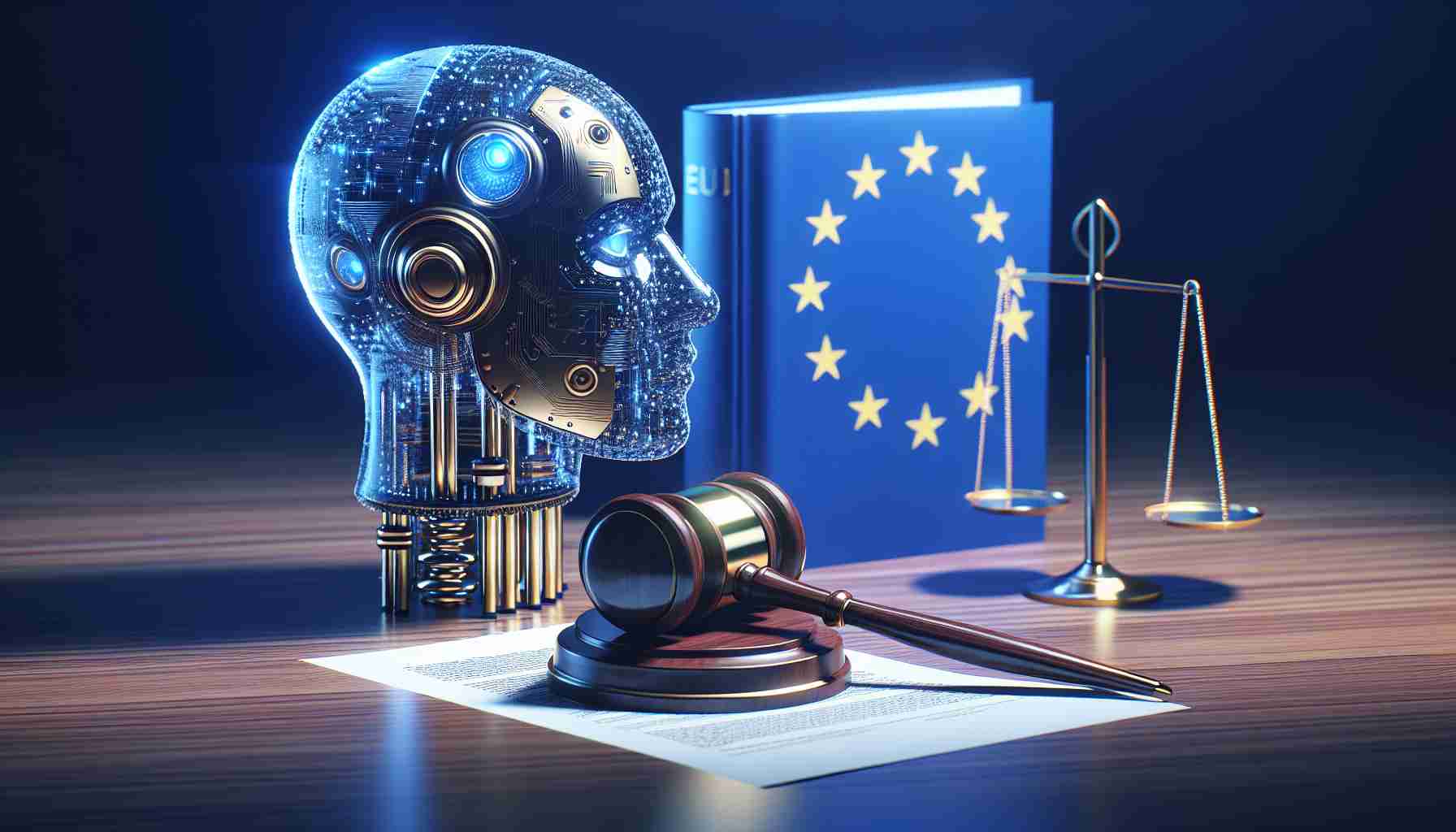The European Union (EU) has made a significant stride towards regulating the use of artificial intelligence (AI) with the endorsement of its landmark legislation. The EU AI Act, which has been unanimously supported by all 27 member states, aims to establish a comprehensive legal framework on AI.
European Commissioner for the Internal Market, Thierry Breton, hailed the legislation as a historic achievement, marking a world first in the regulation of AI. He emphasized the importance of striking a balance between innovation and safety, highlighting the successful negotiation process in achieving this goal.
Although there were concerns raised by countries like France and Germany about the stringent regulations surrounding powerful AI models, the legislation has undergone technical refinement over several months to address these concerns. The finalised text of the AI Act is expected to be voted on by the European Parliament in March or April, after which it will enter into law and be published in the official journal.
The EU’s AI Act is considered a groundbreaking step in governing the use of AI, offering guidelines and regulations to ensure the ethical and responsible deployment of AI technologies. By providing a comprehensive legal framework, the EU aims to mitigate the potential risks associated with AI while promoting innovation in this rapidly evolving field.
The endorsement of the EU AI Act sets a precedent for other regions and countries worldwide, signaling the growing recognition of the need for regulatory measures to keep pace with technological advancements. As AI continues to play an increasingly prominent role in various sectors, such as healthcare, finance, and transportation, regulations are crucial to safeguarding individuals and ensuring the ethical development of AI systems.
The EU’s pioneering approach to regulating AI serves as an example for other nations to follow, fostering a global dialogue on responsible AI governance. It represents a significant milestone in shaping the future of AI and underscores the EU’s commitment to staying at the forefront of technological advancements while prioritizing the well-being and security of its citizens.
FAQ:
Q: What is the EU AI Act?
A: The EU AI Act is a new legislation endorsed by all 27 member states of the European Union to regulate the use of artificial intelligence (AI) technologies.
Q: What is the purpose of the EU AI Act?
A: The purpose of the EU AI Act is to establish a comprehensive legal framework for AI, ensuring the ethical and responsible deployment of AI technologies while promoting innovation.
Q: When will the EU AI Act become law?
A: The final text of the EU AI Act is expected to be voted on by the European Parliament in March or April, after which it will enter into law and be published in the official journal.
Q: What are the potential risks associated with AI?
A: AI technology has the potential for risks such as privacy violations, biases, and security concerns. The EU AI Act aims to mitigate these risks through regulations and guidelines.
Q: What sectors does the EU AI Act aim to govern?
A: The EU AI Act aims to govern various sectors where AI plays a prominent role, such as healthcare, finance, and transportation.
Definitions:
1. Artificial intelligence (AI): The simulation of human intelligence in machines that can perform tasks, learn from experience, and make decisions based on data analysis.
2. Regulatory measures: Rules and guidelines implemented by authorities to govern and control the use and deployment of certain technologies, such as AI.
3. Ethical development: The responsible and conscientious design, deployment, and operation of AI systems, taking into account ethical considerations and societal impacts.
Related Links:
– ec.europa.eu Artificial Intelligence
– euractiv.com European Commission: The artificial intelligence of tomorrow – an ethical framework

